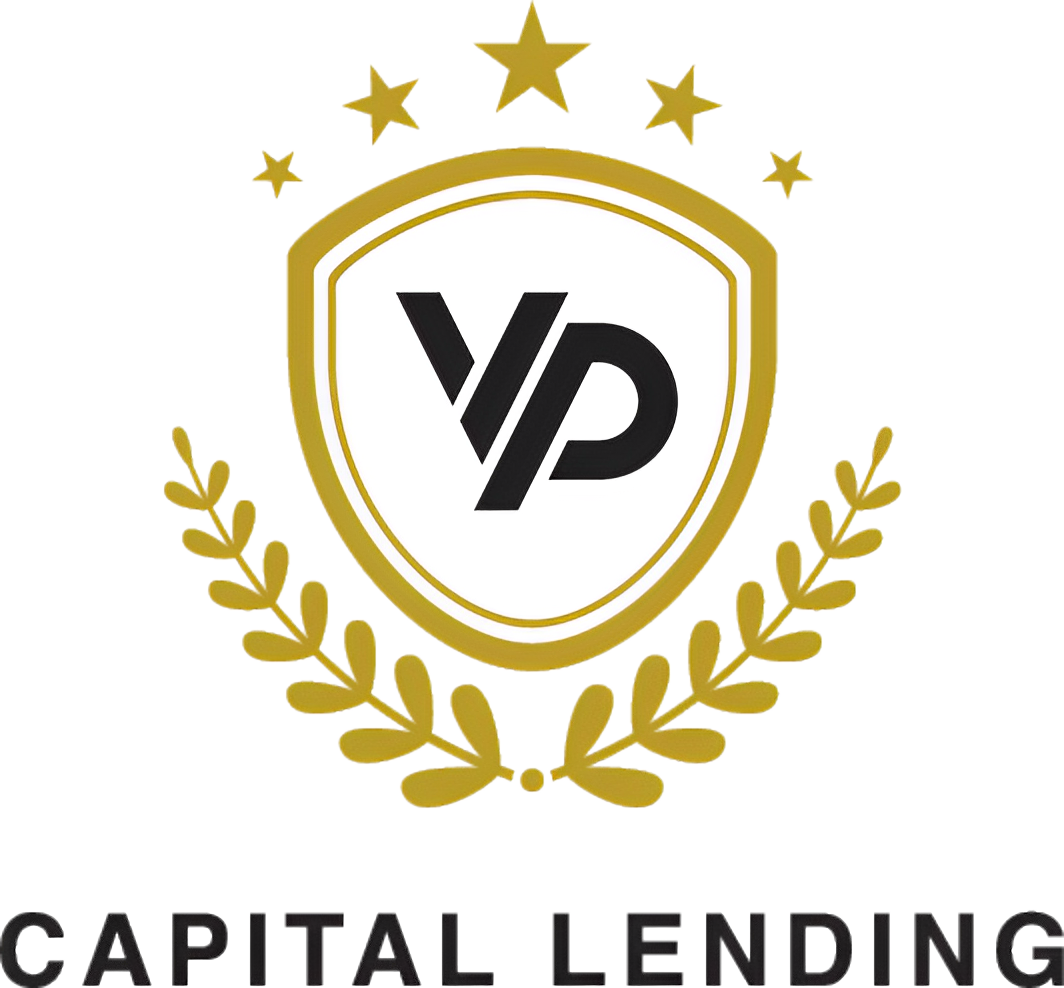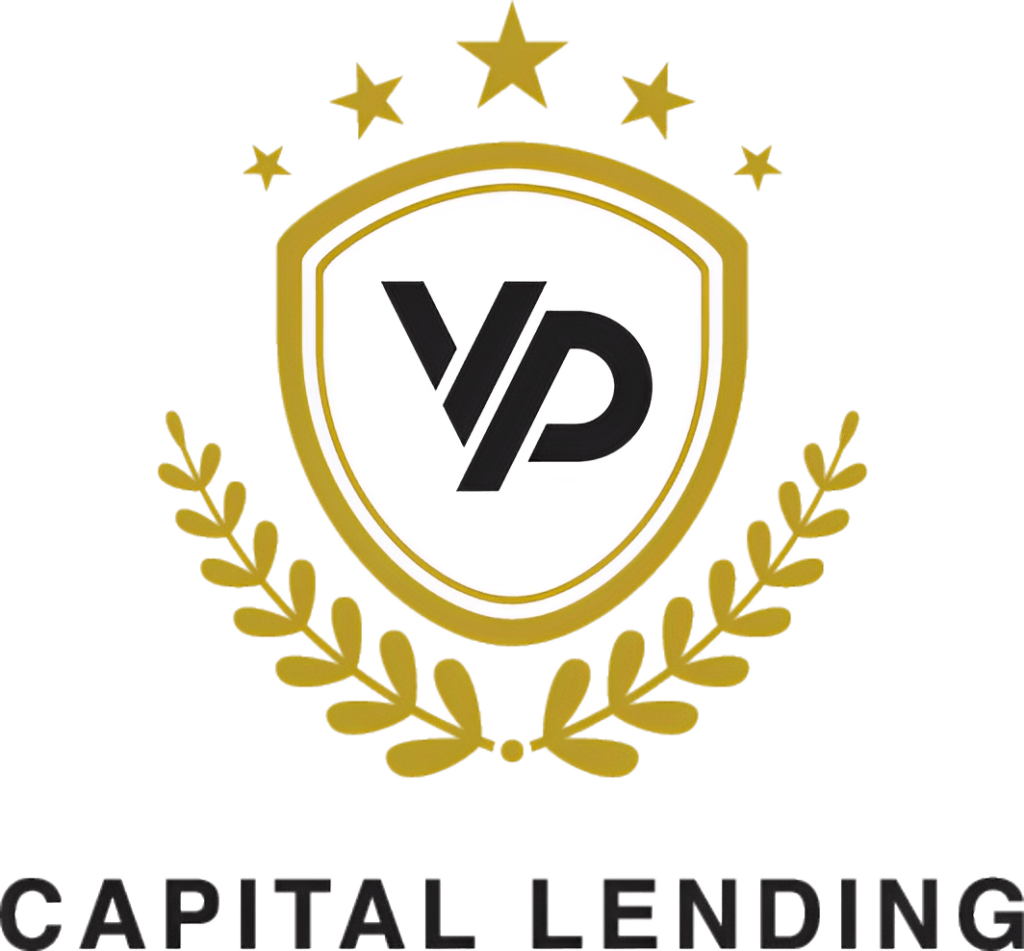If you are hoping to get your foot in the door and begin your career as a real estate investor, understanding how to finance a deal is of utmost significance. There are a plethora of phases in the real estate investment process that can be pretty intimidating. There is no denying that one of the most daunting aspects of investing in real estate is financing. Take it from reputable real estate investment lenders; buying a personal residence can be a headache all on its own, let alone adding other factors involved in buying an investment property.
As most of the investors in today’s market are not aware of the different financing avenues, it gets a tad challenging for them in the lack of real estate financing. Investing in real estate offers potential investors a slew of financial and personal benefits. Cash flow, home appreciation, and tax benefits are some of the most significant perks.
This article is sure to enrich you with knowledge of real estate investment. Read on to find more.
What is Real Estate Financing?
This term is generally used to describe an investor’s method of securing funds for an impending deal. AS evinced by the name, this method is meant to secure capital from an outside source to buy and renovate a property. Be it stated income commercial loans or other financing methods, all the ways come complete with terms and underwriting.
How to obtain Real Estate Investment Financing?
If you think you need to have a lot of money up your sleeves to get started, you might be misinformed. Most professionals don’t understand that many different real estate financing options are available to fund every investment. Understanding the financing impact is imperative because the method in which a specific deal is funded can significantly impact its outcome.
If you are an investor, you must know that there are a few different ways to finance real estate investments. Your financing approach is most likely to depend on the property and the situation. That is why you need to remember that not all real investment financing options are created equal. The real trick is understanding which real estate financing option will compliment your business strategy. You need to realize that what works for someone else might not work for you. New investors are sure to realize how accessible investing can be by taking out time to research the real estate financing options out there.
Real Estate Financing Options
If you have a deal lined up as an investor, you have already accomplished the most crucial step in home flipping. However, you still have a bigger puzzle to solve. Once you are done finding a suitable property to invest in, you must look for ways to finance the impending transaction.
If you are a new investor, financing real estate is sure to send you into a fit of anxiety. It can even compel you to pack up your dreams and retreat to your monotonous 9-5 job. However, the fear of a lack of funds can be quite irrational.
There is no limit to ways of funding a deal if you have a great one on the table. Here are some of the most practical real estate financing options.
#1 Hard money lenders- If you are one of those investors who have less than perfect credit or financial history, this is the best choice.
#2 Cash financing- This method is excellent for investors who have access to a significant amount of capital, either personally or through their network.
#3 Self-directed IRA Accounts- Individuals who have elected to create savings through a self-directed IRA may choose to tap into their account as a way to access capital.
#4 Peer-to-peer lending- This is one of the best options for investors to try to increase the last portion of funding for a project. If you are looking for low-interest rates and high flexibility, this is the best choice for you.
#5 Short-term financing- Bridge Loans for the real state is one of the most significant real estate financing types. The typical duration for this type is between six months and three years.
#6 Seller financing- This is a setup where buyers and sellers can sometimes strike up a mutually beneficial agreement so that the investor and seller don’t have to go through a private lender altogether.
#7 Private money lenders- The investors who have an extensive connection with each other and the world can often tap into the capital from personal connections, borrowing money at a specific payback period and interest rate.
Hard Money Lenders
This financing option is funded by private businesses and individuals and is meant to provide short-term, high-rate loans for real estate investors. This financing option does not conform to bank creditworthiness standards and is typically used by rehabbers looking to renovate a property.
This type of financing is generally determined by the value of the investment property itself. There is a well-established fact that you must not know: the money lenders generally won’t fund an exclusive deal but rather fund a percentage of the purchase price.
Peer-to-peer lending
This financing allows investors to borrow money from other investors or a group of investors. The necessary process of peer-to-peer lending can be compared to hard or private-money lending. However, the specifics can be different. Investors can bypass the strict requirements of traditional funding.
This financing form involves a lower loan-to-value ratio than other funding types. This often prevents investors from borrowing the whole amount needed to purchase a property. If you are looking for a method that offers overall flexibility, it is the best choice to make.
Self-directed IRA Accounts
It is a savings account that allows for compounded, tax-free growth over time. These financing options are different from other types of savings accounts as it allows the owner to control various investment options.
If you are an owner of a self-directed IRA account, you are sure to enjoy the perks of purchasing, rehab, and selling properties while still being to defer taxes. However, you might find it surprising that owners under 60 are typically subject to a penalty for withdrawing funds early.
Best Loans for Real Estate Investing
You should also consider loans offered by the government, methods of leveraging personal equity, and traditional lenders when examining the large umbrella of different real estate financing options. Here is a list of some of the most popular loan options that are used creatively by investors.
#a Home equity loan- These loans are for the homeowners who have built up equity in their property. They can take out a loan in the form of a line of credit. This allows the flexibility to expand their portfolios by using their equity as collateral.
#b Traditional mortgage loans- Conventional home loans remain one of the most popular methods of financing real estate needs.
#c Portfolio loan- These are the loans that are serviced by the initial lenders that first issued the funds. The service will keep the loan in its own portfolio instead of selling it to the secondary market.
#d FHA loan- These loans are for those consumers who have less-than-perfect credit or those who do not have access to capital to satiate a massive down-payment. They can achieve homeownership by taking out a mortgage backed by the Federal Housing Administration.
#e Fix, and Flip Loans- These are the short-term loans used by real estate investors to purchase and improve a property to then sell for a property.
Top Real Estate Investing Tips
Financing real estate investments can be tricky and challenging, to say the least. Numerous types of lenders make loans on investment properties. Most real estate investment lenders claim that real estate investing does not come with a map, and the road to riches is often winding. However, there are many things you can do to put yourself on the right path and ensure your best chances for success.
Here are a few real estate investing tips from people who can speak from experience.
-
Diversify your investments
Sure, it is a good idea to understand the area you are investing in, but you are limiting your profitability potential by only considering a small geographical area.
-
Don’t over-leverage yourself.
If every rental mortgage to the hilt, you can be very successful for a long time and still go broke. If you keep some of your rentals free and clear, then you’ll have the right mix of safety and still stretching your resources.
-
Get to know your experts.
It is crucial to learn about and become an expert in your selected market when investing in real estate. Suppose you are well-informed on the current trends, including any increases or decreases in the interest rates, income, average rent, and even employment. In that case, that will allow you to recognize the market status.
The Takeaway
Real estate is a commodity that must be paid for. As an investor, it becomes your responsibility to determine which real estate financing will work best for each deal. If you are looking for a push in the right direction to get started, understanding the importance of real estate financing is imperative. If the lack of funds keeps you from investing in real estate, don’t let that happen with the help of a plethora of financing options.





